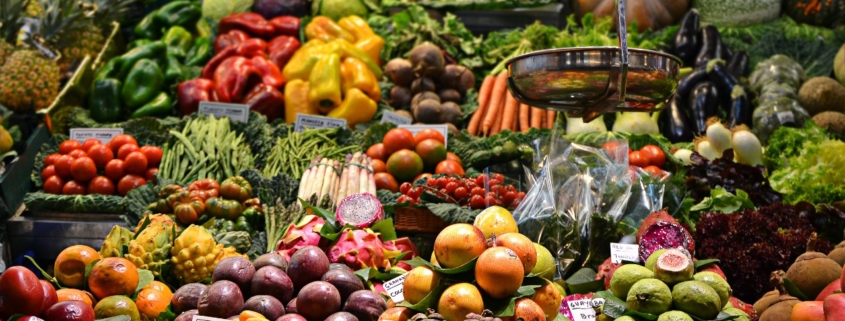Are freeze dried vegetables nutritious
What studies shows
Studies have demonstrated that freeze dried foods preserve over 90% of the nutrition of the original fresh food, far greater than other drying procedures (air-drying, heat-drying), which typically degrade micronutrients and phytonutrients, as evidenced by the significant colour changes in the food.
Is freeze dried a healthy option?
Food that has been freeze dried is just as nutritious as fresh food. Foods that have been freeze-dried retain 97 percent of their nutritional value. Freeze drying is one of the most effective methods for preserving food for long-term preservation while preserving its nutritional content.
The calorie count, fibre content, and overall mineral levels are unaffected by freeze-drying. A few water-soluble vitamins, such as folate and Vitamin C, can make a difference. However, the majority of the nutritious value will be preserved.
Why freeze dried is way better than others
Other methods of food preservation, such as canning and dehydrating, utilize greater temperatures, which diminish the nutritional value of the food. When food is rehydrate, it retains 97 percent of its original nutritional content. Vitamins A, C, and E are the nutrients that are lost the most throughout the freeze drying/rehydrating process.
How does it taste?
Foods that have been freeze dried retain the same flavour, shape, and colour. Ones that have been freeze dried can taste just like fresh foods. When you squeeze the meal between your fingers before it has been rehydrate, it will have a light airy, crisp texture that will crumble. Because the freeze-dried food contains no water, it can sometimes enhance the original flavour, resulting in a more concentrated flavour. Freeze drying removes the water/moisture, not the flavour.
Because the flavour of freeze-dried fruits and vegetables is so wonderful on its own, they are frequently consumed without being rehydrated. They’re also frequently found in yoghurt and smoothies.
Why Freeze dried is good option
- When compared to other food preservation processes such as canning, which retains only 40% of the nutrients, and dehydrating, which retains only 60%, freeze drying keeps 97 percent of the nutrients.
- When rehydrated, freeze dried foods retain a lot of their original flavour and texture. Foods that have been freeze dried do not shrink.
- When properly stored, freeze dried food has a shelf life of 10 to 25 years. Other preservation methods such as canning (3 years), dehydration (4 years), and freezing (2 years) last up to 20 years longer.
- Freeze drying has been use for many years. Since 1906, it has been refined to preserve food at its maximum nutritious content while keeping its flavor.
- Preservatives and chemicals are minimal in freeze-dried meals. Real foods and ingredients are use in freeze drying food.
- Fruits and candies, for example, can be eaten without being re-hydrate and still retain their nutritious content.
Fruits and vegetables that have been frozen dried can be more nutritious than fresh fruits and veggies. Fresh fruits and vegetables from the grocery store that were picked before they were ripe and had to travel days or even weeks to get to the store while quickly losing their nutritional value are often more nutrient-dense than those picked before they were ripe and had to travel days or even weeks to get to the store while quickly losing their nutritional value.
This allows you to eat fresh, nutrient-dense fruits and veggies all year long, regardless of whether they are in season.
To Give us inquiry please click here.
Learn more about natural extracts click here.




